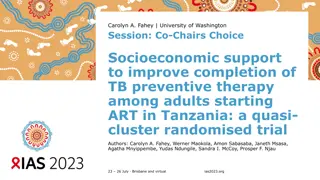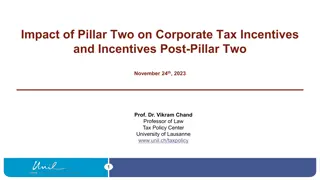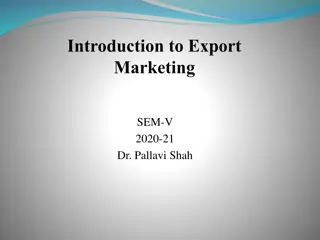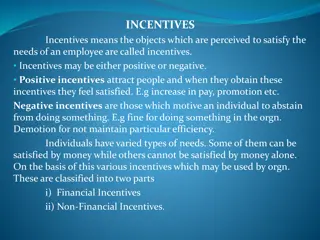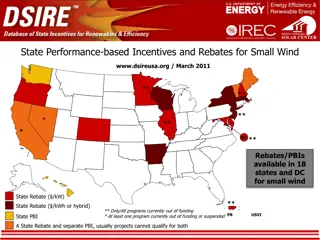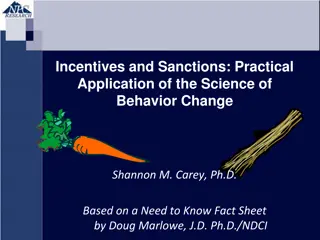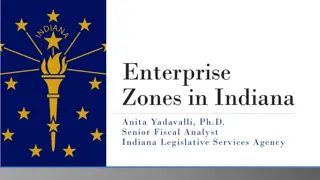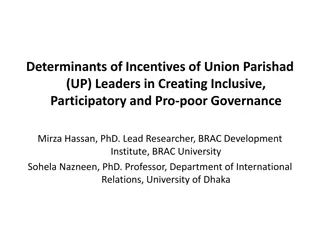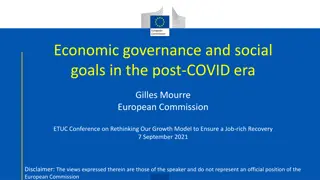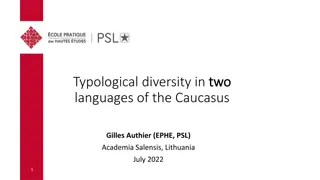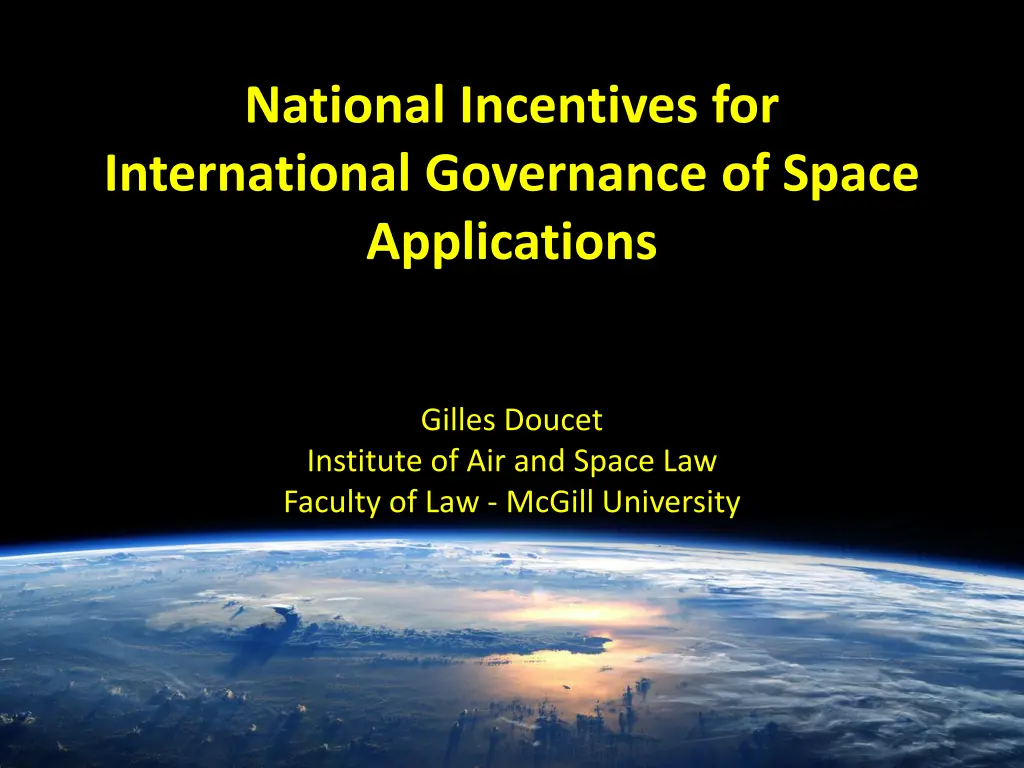
International Governance of Space Applications and National Incentives
Explore the challenges facing international governance in outer space, driven by national incentives and the need for sustainable practices. Learn from successful models like the Non-Proliferation Treaty and Chemical Warfare Convention to envision a world without these agreements. Discover the importance of cooperation and limitations on national actions for the safety and sustainability of outer space.
Download Presentation

Please find below an Image/Link to download the presentation.
The content on the website is provided AS IS for your information and personal use only. It may not be sold, licensed, or shared on other websites without obtaining consent from the author. If you encounter any issues during the download, it is possible that the publisher has removed the file from their server.
You are allowed to download the files provided on this website for personal or commercial use, subject to the condition that they are used lawfully. All files are the property of their respective owners.
The content on the website is provided AS IS for your information and personal use only. It may not be sold, licensed, or shared on other websites without obtaining consent from the author.
E N D
Presentation Transcript
National Incentives for International Governance of Space Applications Gilles Doucet Institute of Air and Space Law Faculty of Law - McGill University
Problem: Safety & Sustainability of Outer Space Increasingly at Risk Outer space is an international environment, but international governance has lagged technology and commercial innovations. Space environment changed since 1967 (OST) More actors, different actors, news applications, new threats to safety and sustainability Four decades of: International soft law measures Some national regulations (variable, inconsistent)
Why is that? States act in their perceived best interests. States are generally motivated to enter into international agreements by national incentives Not the greater good of humankind Governments tend to have a short term view National incentives for international agreements have been illusive in outer space due to the international character of the environment (non-sovereign nature)
Non-Space Model: Non-Proliferation Treaty Key provisions Weapon States agree to not proliferate. (art I) Non-weapon States renounce nuclear weapons. (art II) States share nuclear technology for peaceful use (art V) Bargain : States agree to limits on their national actions in exchange for cooperation (under a verification regime) Has been generally successful 190 states parties 4 nuclear states outside the regime Numerous states with nuclear potential have refrained What would the world look like without the NPT?
Non-Space Model: Chemical Warfare Convention States agree to: destroy their weapons & production facilities (art IV, V) allow international verification (art IV) and facilitate cooperation for peaceful chemistry applications (art XI) Bargain : States agree to limits on their national actions in exchange for cooperation (verification regime) Has been generally successful 192 states parties only 4 UN states outside the regime Imagine if Chemical weapons were part of all countries arsenals
Non-Space Model: Chicago Convention Regulatory pillar enabling the international civil aviation industry (1944) Comprehensive Treaty; established ICAO One key element: States agree to recognize licenses & certificates issues by other States, provided that they meet or exceed mandated standards. (art 33) States should adhere to uniform standards and recommended practices (SARPs). (art 37) Bargain : States agree to limits on their national sovereignty in exchange for the cooperation of other States SARPs are adopted by the ICAO Council (art 55) Developed by the Air Navigation Commission Not part of the Chicago Convention treaty (SARPs are Annexes) SARPs have kept pace with technology
Proposal: National Incentives for Outer Space Governance Adopt proven model from successful treaties Bargain : States agree to certain restrictions in return for cooperation of other States Applicable to civil and commercial activities Military activities excluded (unrealistic at this time) Chicago Convention model is most applicable to space New Convention based on Outer Space SARPs (as annexes) States to comply with the SARPs in order to receive cooperation from other States (national incentive)
Potential Areas for Outer Space SARPs (focus on safety & sustainability) Space Debris Mitigation Standards Space Traffic Management Passenger Services (Space Tourism) Registration Requirements for Space Objects Active Debris Removal ? Orbital Servicing ? Resource extraction ?
What types of cooperation? Examples are: Exports of space technologies Provision of space launches Distribution of space remote sensing products Ground station services (TT&C, data reception) Licensing of communication services (national spectrum allocations) Nationally regulated activities Existing mechanisms in many countries
Why would anyone agree? Most nations Need cooperation of other States in order to conduct space activities Major space-faring nations 1. Derive greatest benefits from space; have the most at risk if space activities become unsustainable 2. Will likely have the most influence on the SARPs Commercial actors More certainty, lower risk, level playing field No incentive for jurisdiction shopping
Everything happens for a reason, and that reason is usually physics! Gilles Doucet Space Security Consultant 613-794-4744 gillespdoucet@gmail.com

